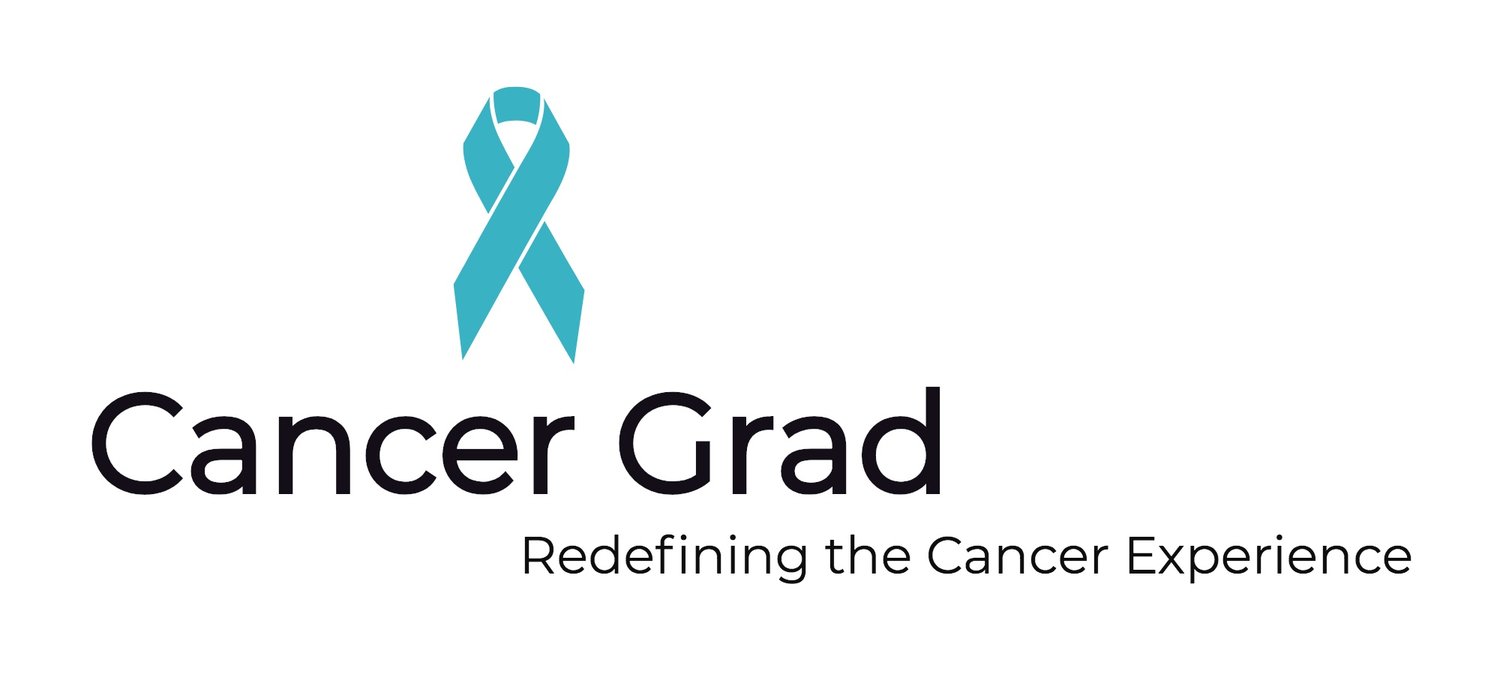Knowledge Is Power
Getting genetic testing requires a lot of spitting in a tube!
"We can not stop natural disasters, but we can arm ourselves with knowledge. So many lives wouldn't have to be lost if there was enough disaster preparedness."
- Petra Nemcova
Many of us in the cancer community have had our fair share of experiences with genetic testing. Whether it is because of a family history of cancer, or because of our own diagnosis, many have had to hand over our blood and spit to be used for testing of cancer causing mutations. Genetic testing is often seen as both a blessing and a curse.
Burying our heads in the sand about our own risks might temporarily allow us to avoid anxiety and an overwhelming sense of responsibility, but facing out cancer risk is not something we should avoid. There is enormous personal power we yield when we take responsibility for our health and become better informed about our risk factors. Knowledge is power- it permits us the possibility to be proactive with our health and lives.
Women and men can be tested for several genetic mutations including the BRCA1 and BRCA2 genes, ATM gene, or variations in the MSH1 or MSH2 genes for Lynch Syndrome. Some test positive for these mutations and take necessary steps in precautions for themselves and their families. But what about those of us who test negative for a hereditary cancer mutation? What if there were a more comprehensive way to assess our lifetime risk for cancer?
Enter Myriad Genetics. Myriad is the diagnostic company that discovered the Breast Cancer gene (BRCA1) and developed the myRisk Hereditary test. Recently, they developed and released a test called riskScore that is able to predict the 5 year to lifetime risk of breast cancer in women of European descent. (Hopefully advancements in the riskScore test will be more inclusive in the near future.)
The riskScore test utilizes an algorithm providing a precise measure to predict patients individualized cancer risk based on 86 genetic markers called single nucleotide polymorphisms (or SNPs, for short). These SNPs seem to hold the key in identifying patients at increased risk in developing breast cancer in their lives, even if they had previously tested negative for genetic mutations like BRCA1 and BRCA2.
Gaining more knowledge about one's lifetime risk in developing breast cancer can cause anxiety, but it also has the ability to empower individuals to be responsible for their health. Patients who score above 20% on the riskScore test may be candidates for additional medical screenings (i.e. more frequent mammograms, ultrasounds or checkups), and those who score above 35% on the riskScore test may be candidates for more aggressive medical interventions, such as preventative mastectomies.
How about you? Would you want to know your lifetime cancer risk? Do you view that knowledge as a blessing or a curse?


